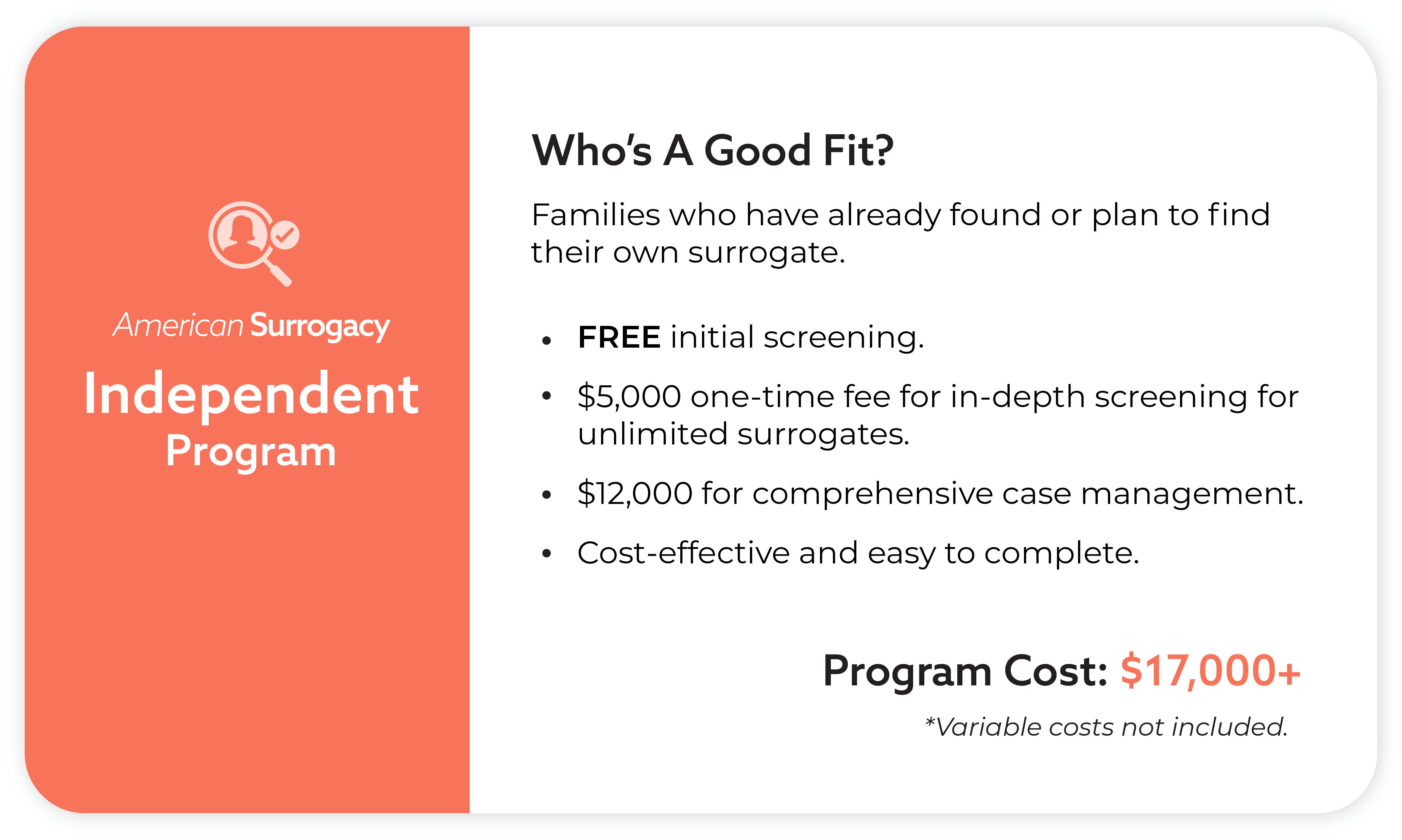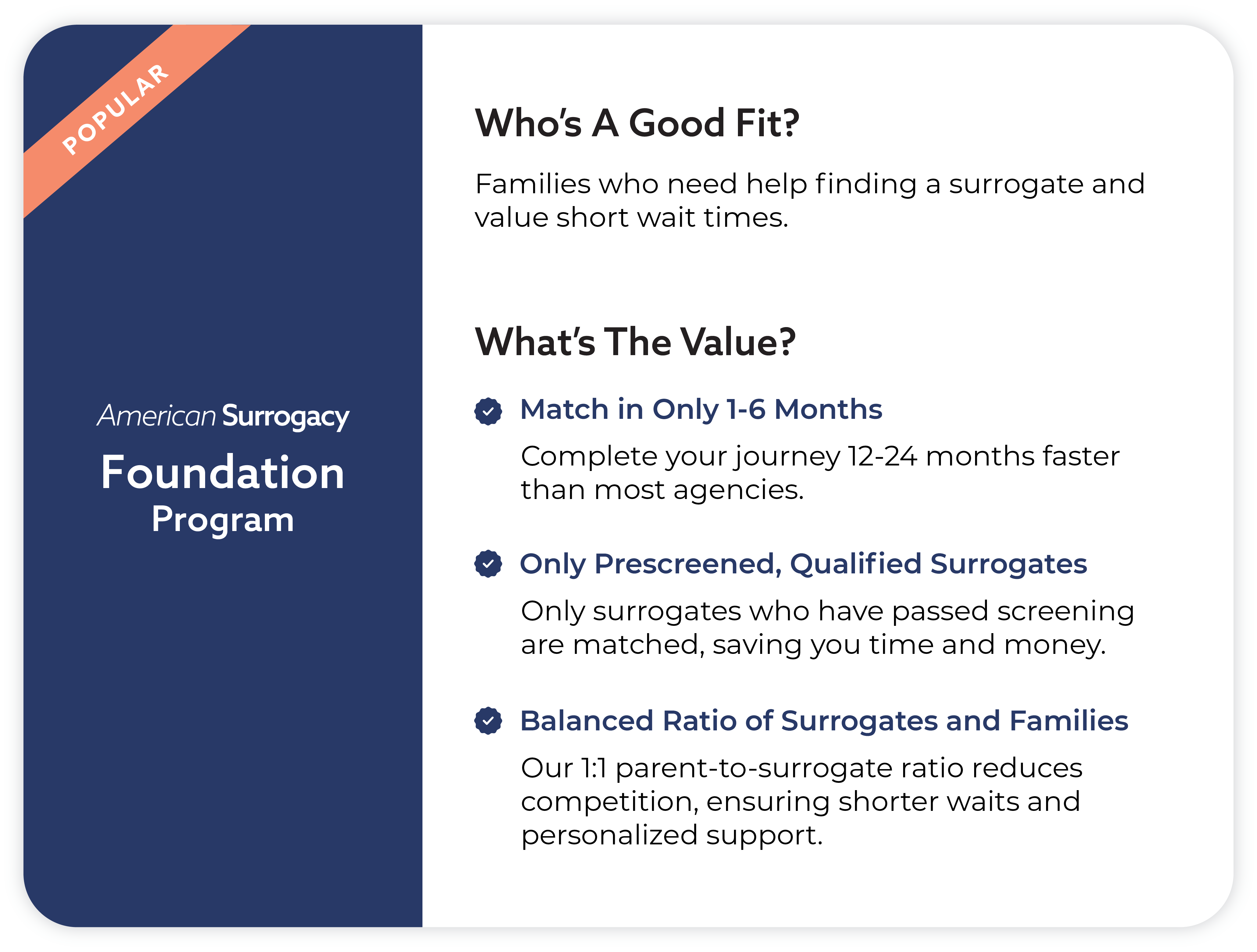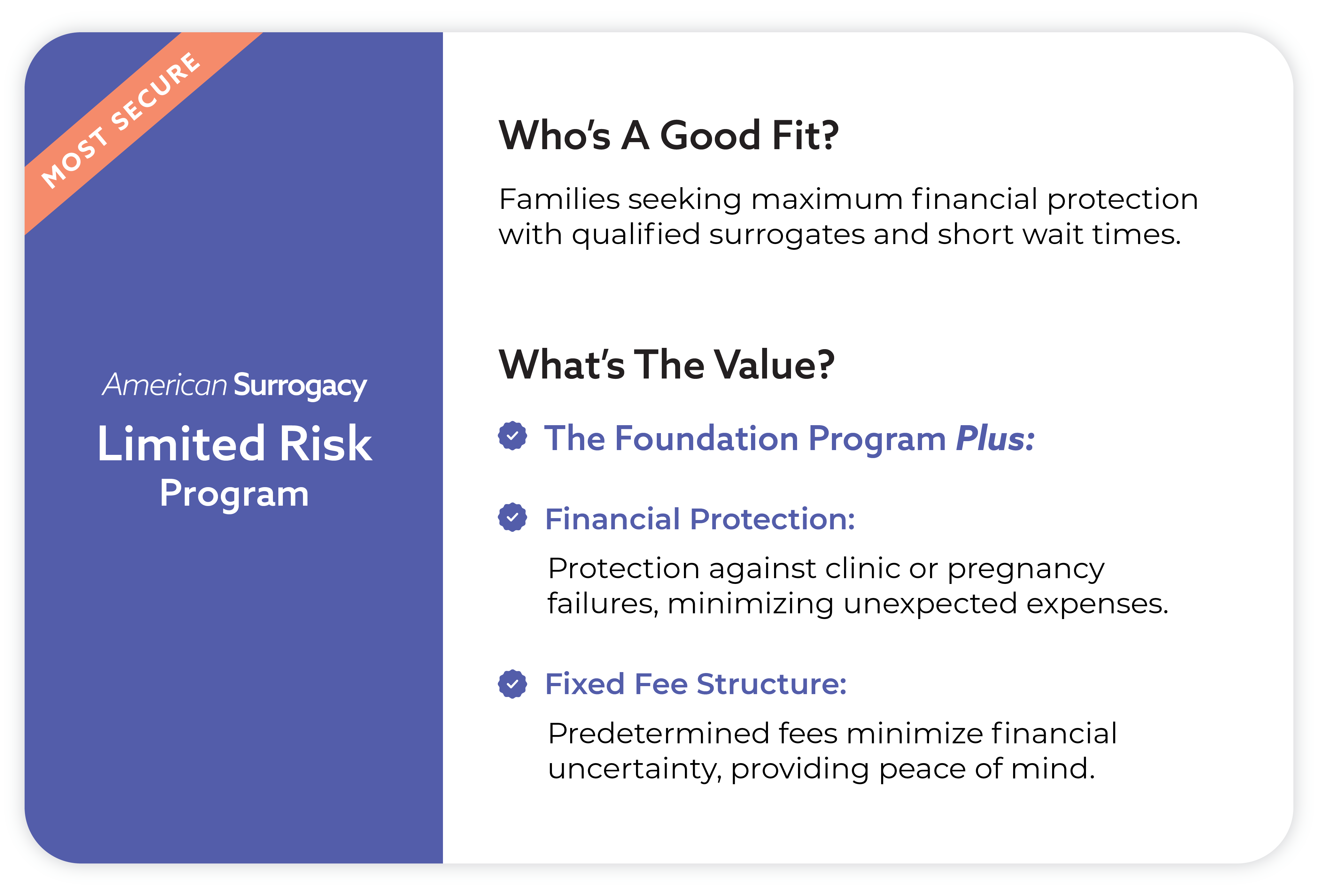Most states don’t have comprehensive laws for surrogacy that will protect everyone involved, but New Jersey does.
New Jersey is one of the most supportive states in the U.S. when it comes to surrogacy.
With the right professionals by your side, your path to parenthood can begin today with clarity, protection, and hope.
Contact a New Jersey surrogacy specialist to get started now.
New Jersey Surrogacy Laws: A Comprehensive Overview
New Jersey legally recognizes and regulates gestational surrogacy through the New Jersey Gestational Carrier Agreement Act (effective May 2018). This legislation allows for enforceable surrogacy contracts between intended parents and gestational carriers, offering comprehensive protections and requirements that make the state surrogacy-friendly.
Read the full statute here (Bill A1704)
Is Paid Surrogacy Legal in New Jersey?
Yes. Paid gestational surrogacy is fully legal and enforceable in New Jersey, provided all legal requirements are met under the 2018 law.
At American Surrogacy, we work with surrogates and intended parents across the country. If you live in a state where paid surrogacy isn't legal or is complicated, we can match you with a surrogate or intended parents in states like New Jersey where it is permitted.
Learn more about surrogate compensation
Are Surrogacy Contracts Enforceable in New Jersey?
Yes. The 2018 law outlines the enforceability of gestational carrier agreements, provided both parties meet specific eligibility and procedural requirements, including:
- Independent legal counsel for both parties
- Mental health and medical evaluations
- At least one intended parent must contribute genetic material
Our team at American Surrogacy checks that all matches meet these conditions before any agreements are signed.
Surrogacy Contract Checklist for New Jersey
A comprehensive New Jersey surrogacy contract should include:
Compensation for the surrogate, reimbursements and handling of unexpected costs. Who makes decisions about embryo transfers, selective reduction, pregnancy termination or cesarean delivery? Wellness expectations, travel restrictions and communication preferences. How and when the intended parents will be recognized as the child’s legal guardians. Clear methods for resolving disagreements—without jeopardizing the journey. What happens if one party needs to end the agreement early?
We’ll help you work through each item with a qualified surrogacy attorney.
When Do I Need a Surrogacy Contract in New Jersey?
Contracts are signed after a successful match and prior to any medical procedures. Legal and medical steps cannot begin until the agreement is executed.
Learn more about the surrogacy timeline
How Will American Surrogacy Support Me During the Contract Stage?
Before we even match intended parents with a surrogate, we vet state laws to ensure compatibility. During the contract phase, we coordinate with trusted surrogacy attorneys and offer guidance so that everyone understands their rights, obligations, and protections.
Explaining complex legal language in plain terms Assisting with contract negotiations and feedback loops Coordinating timelines between medical and legal milestones Ensuring all documentation is signed and submitted on time Connecting you with a surrogacy attorney near you How We Help You
LGBTQ+ Surrogacy Laws in New Jersey
New Jersey law is inclusive and explicitly supports LGBTQ+ intended parents. Whether you're married or unmarried, your rights are protected under the law. Additionally:
- Both parents can be named on the birth certificate.
- Second-parent adoption is available but often unnecessary due to pre-birth orders.
Abortion Laws and Termination Clauses in New Jersey
New Jersey has some of the strongest reproductive rights protections in the nation. Surrogacy contracts in the state can address termination decisions without running afoul of restrictive abortion laws.
However, if your views don’t align with the laws of New Jersey, American Surrogacy can help match you with a surrogate in another state.
Establishing Parentage in New Jersey
Parentage can be established before birth through a pre-birth order. New Jersey courts routinely grant these, and they apply equally to LGBTQ+ couples, single parents, and heterosexual couples.
How to Get a Pre-Birth Order in New Jersey
- No court hearing is typically required.
- Pre-birth orders can be obtained during the second trimester.
- Birth certificates are usually available within weeks post-delivery.
International Surrogacy in New Jersey
New Jersey does not have specific legislation governing international intended parents, but many international families use New Jersey for surrogacy due to its legal protections and efficient courts.
The Role of a Surrogacy Attorney in New Jersey
A surrogacy attorney will:
- Draft and review contracts
- File pre-birth parentage orders
- Ensure compliance with state laws
We can help you find a surrogacy attorney in New Jersey.
How Much Does a Surrogacy Lawyer Cost?
Legal fees vary but are typically included in American Surrogacy’s full-service programs. Intended parents also pay their surrogate’s legal costs. We simplify this by wrapping legal support into our service packages.
Find a Surrogacy Attorney Near You in New Jersey
Here are a few trusted surrogacy attorneys in the state:
Leatrice Anderson is a senior partner at Spall, Rydzewski, Anderson, Lalley & Tunis, PC, where she handles adoption and surrogacy matters along with litigation and real estate law.
A Fellow of the Academy of Adoption and Assisted Reproduction Attorneys (AAAA), Anthony Brown focuses on ART and adoption law in the tri-state area.
Robin Fleischner’s boutique firm focuses exclusively on surrogacy, adoption, LGBTQ+ family formation, and ART law in NJ, NY, and PA.
Christine Cockerill, partner at Cockerill, Craig & Moore, LLC, has a family law focus including surrogacy and adoption services.
Nancy Cammarosano Hartzband, Esq.
Nancy Hartzband is a reproductive law attorney at Reproductive Possibilities, LLC, helping families and surrogates navigate ART law.
Dorota Gasienica-Kozak leads the Adoption/ART Practice Group at KingSpry and advises families in ART matters.
Explore Our Surrogacy Programs in New Jersey
We offer three surrogacy programs to match your journey:
Independent Program:

Foundation Program:

Limited Risk Program:

FAQ: Legal Aspects of Surrogacy in New Jersey
Are insurance companies required to cover IVF in New Jersey?
Yes. New Jersey mandates IVF coverage for many insurance providers under N.J. Stat. § 17:48-6x, though exemptions may apply to employers based on size or religion.
Is an embryo considered a person in New Jersey?
No. Embryos are not granted personhood status in New Jersey. They are considered property with potential for life, which affects storage and disposition decisions.
Is traditional surrogacy legal in New Jersey?
Yes, but not recommended. Traditional surrogacy is legal but less protected. Because the surrogate shares a genetic link, it introduces complications in legal parentage. Most attorneys and agencies recommend gestational surrogacy.
Do sperm and egg donors have parental rights?
No. New Jersey law protects donor anonymity and clarifies that gamete donors do not hold parental rights if donation is done via licensed facilities.
Is there an IVF Tax Credit?
No state-level IVF tax credit currently exists in New Jersey.
Ready to Begin Your Surrogacy Journey in New Jersey?
American Surrogacy is here to walk with you — every legal step, every emotional moment, every milestone. Whether you’re just learning or ready to move forward, we have the experience and compassion to guide your path.
While we have made every effort to provide you updated and accurate information, the New Jersey surrogacy laws are always subject to change. This article is not intended as legal advice; we encourage you to speak with a New Jersey surrogacy attorney for the most accurate, updated information on the current state of surrogacy in New Jersey.